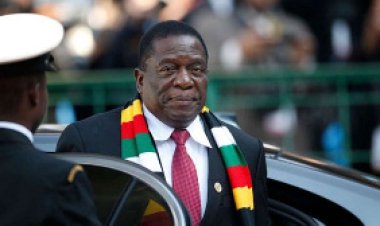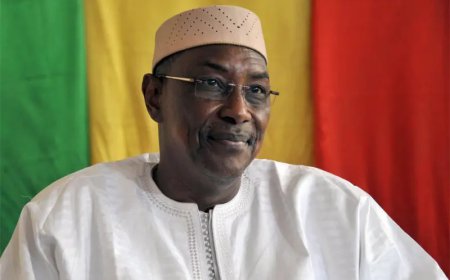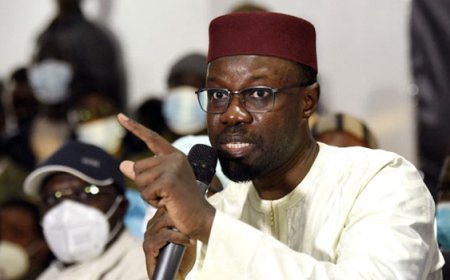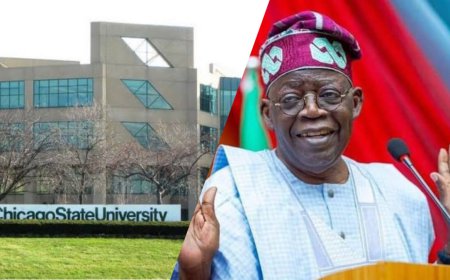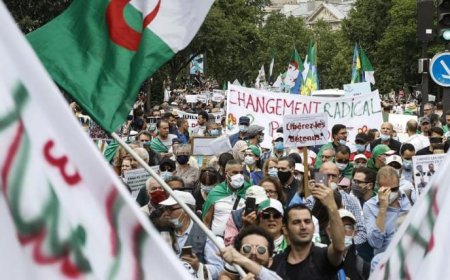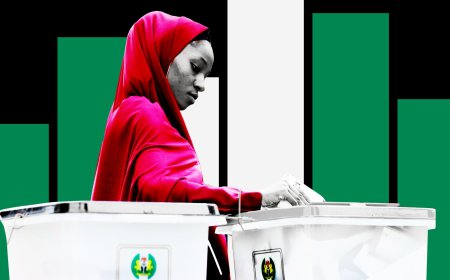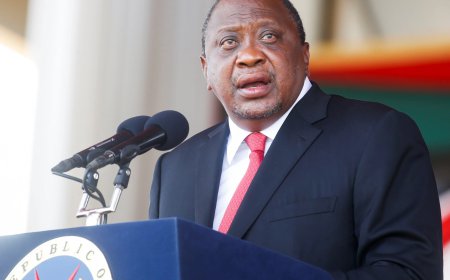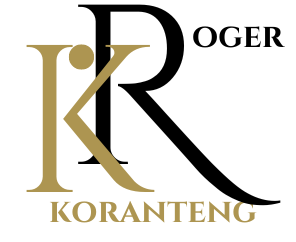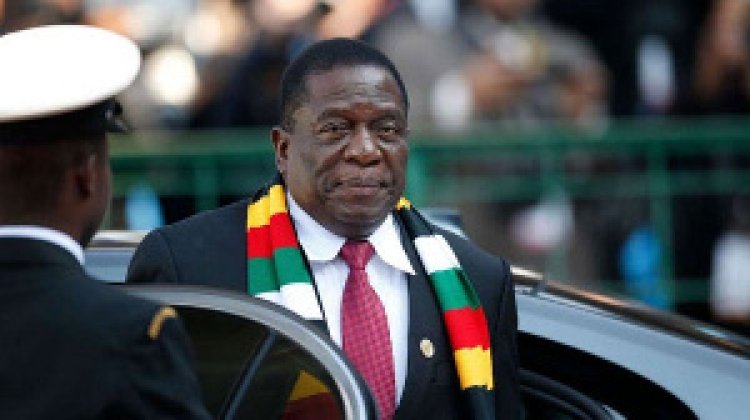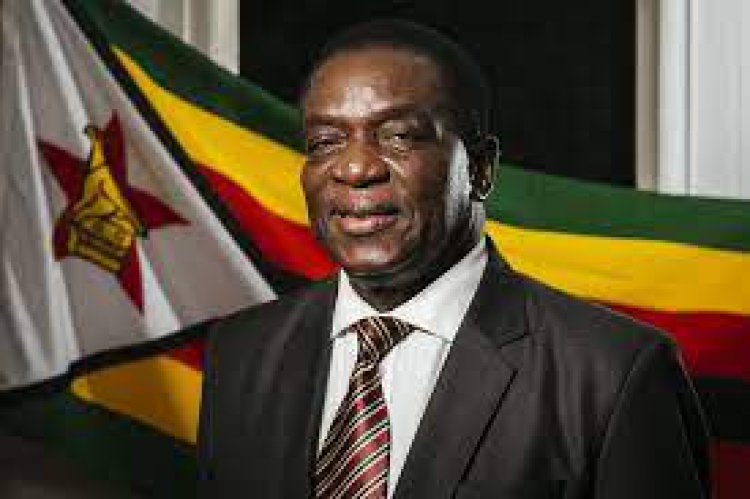Zimbabwe passes a bill meant to reprimand "unpatriotic" persons.
The administration of Zimbabwean President Emmerson Mnangagwa has approved a draft law that will penalize "unpatriotic" individuals as the 80-year-old leader works to stifle opposition and solidify his hold on power.
President Mnangagwa promised a bill that would penalize Zimbabweans who advocate for sanctions against the country soon after winning the contentious 2018 elections.
The Patriotic Act, as it would be known, would be modeled after the Logan Act of the United States, according to the administration.
Unauthorized negotiations between American people and foreign governments that are involved in a conflict with the United States are forbidden by the federal legislation known as the Logan Act.
The Act is designed to stop unauthorized agreements from compromising the stance of the US government.
The Logan Act has only ever been violated by two people, neither of whom were found guilty. Undermining national interests
The Criminal Law (Codification and Reform) Amendment Bill, 2022, which targets people who are judged to be damaging the nation's national interests, was approved by the cabinet, according to Monica Mutsvangwa, Zimbabwe's Minister of Information, who told media in Harare on Tuesday.
During a media briefing, Ms. Mutsvangwa stated, "Cabinet considered and approved the Criminal Law (Codification and Reform) Amendment Bill, 2022, which was presented by the minister of Justice, Legal, and Parliamentary Affairs, Honorable Ziyambi Ziyambi, as chair of the cabinet committee on legislation.
"By criminalizing conduct that threatens Zimbabwe's sovereignty, dignity, independence, and national interests, the Criminal Law (Codification and Reform Amendment Bill, 2022) strengthens the Criminal Law Code's provisions on areas pertaining to the country's sovereignty.
In addition, the Bill calls for mandatory sentences in rape and murder instances.
Additionally, it changes the components that make up the offense of abuse of public office and broadens the definition of hazardous substances.
The Zanu PF government of President Mnangagwa has threatened to make actions it deems unpatriotic, such as calling for sanctions, illegal.
Freedom of expression
Critics assert that the new law is a component of the Zimbabwean leader's ongoing campaign to restrict the right to free speech. The latter came to office in 2017 after the military overthrew the country's longtime leader, the late Robert Mugabe, in a coup.
Mnangagwa, a longtime lieutenant of the late Mugabe, promised a new sort of democracy when he came back from a temporary exile in South Africa following the coup.
However, he has been charged as being a worse authoritarian than his before.
Tendai Biti, a former finance minister and current vice-president of the Citizens Coalition for Change, called the proposed law "fascist and unconstitutional."
Predatory instrument
The so-called Patriotic Bill is nothing more than a predatory tool to impose opposing viewpoints and ideals, according to Mr. Biti.
"Every patriotic Zimbabwean will defend his or her nation, but they also have a responsibility to defend it against injustice and mistreatment.
We condemn this fascist, desperate, and unlawful measure.
Early this year, the administration of President Mnangagwa also approved a draft law that would limit the ability of civil society organizations to receive foreign funds.
The civil society organizations are charged with acting as money smugglers for foreign governments funding Zimbabwe's opposition parties.
Western nations have imposed sanctions on Zimbabwe for more than 20 years because to suspected election fraud and human rights abuses.
What's Your Reaction?









